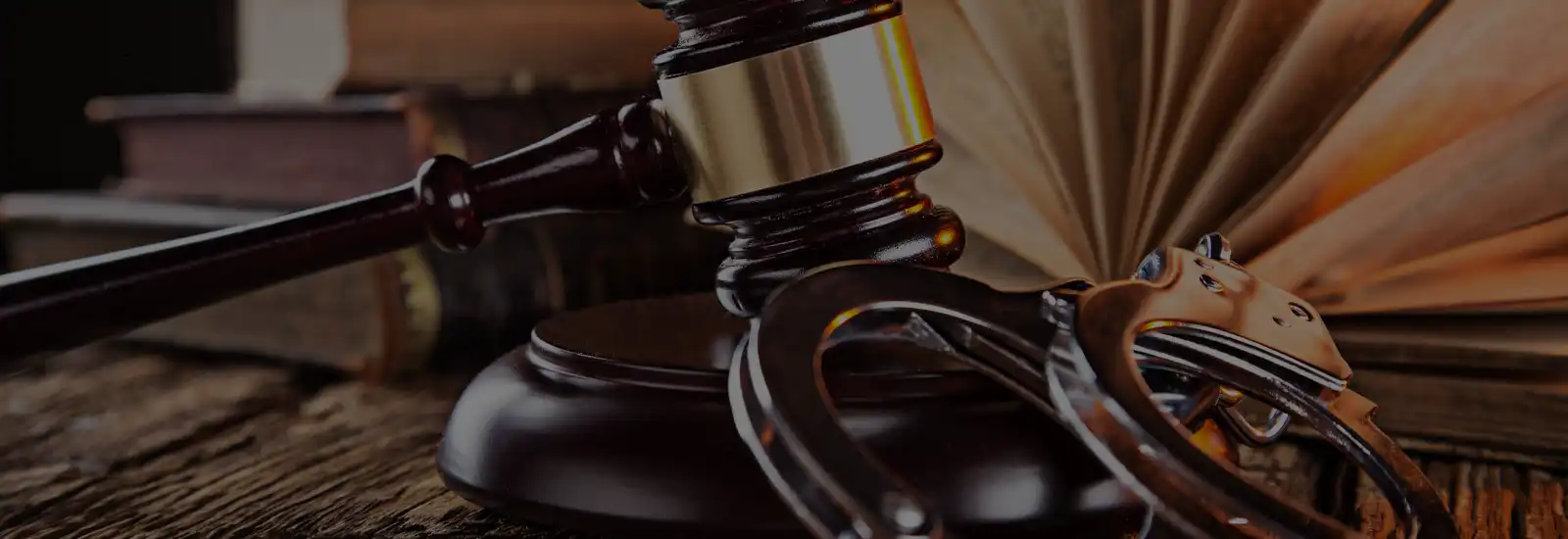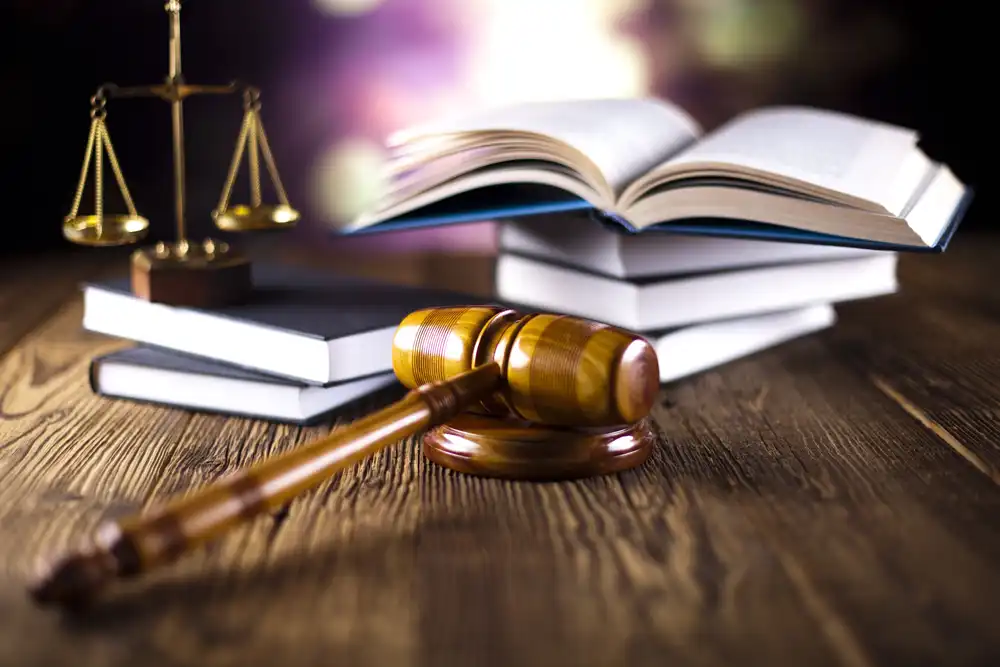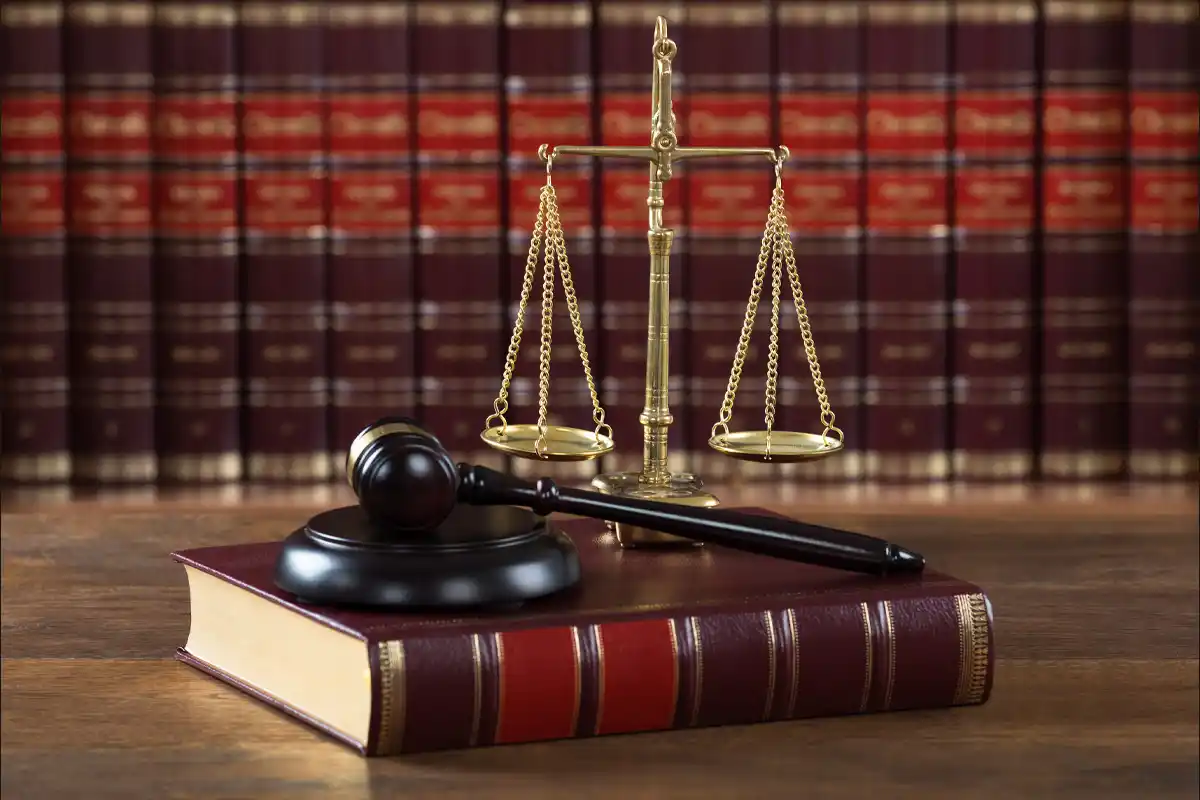
Domestic Violence Criminal Defense Lawyer | Orlando & Central Florida
Criminal Defense Attorney, Mary. M. Ibrahim proudly provides Domestic Violence Criminal Defense legal services throughout Central Florida, including, Orange County, Osceola County, and Seminole County and surrounding areas.

Call 407.255.6300 today to schedule a confidential consultation with domestic violence criminal defense attorney, Mary M. Ibrahim.
Accusations of domestic violence can have devastating consequences, both personally and legally. If you're facing such charges in Orlando, Orange County, or Central Florida, it's crucial to understand your rights and seek experienced legal representation immediately. The Law Offices of Mary M. Ibrahim, P.A., are here to provide compassionate and aggressive defense.
Understanding Domestic Violence in Florida (Florida Statute 741.28)
Florida law defines domestic violence as any criminal offense involving physical harm or injury, or the threat of physical harm or injury, by one family or household member against another. "Family or household member" includes spouses, former spouses, parents, children, step-parents, step-children, siblings, individuals related by blood or marriage, and individuals who have a child in common, regardless of whether they have ever been married. It also includes individuals who are currently residing together as if a family.
Specific Domestic Violence Crimes in Florida
While the umbrella term is "domestic violence," several specific crimes can fall under this category, including:
- Battery: Intentionally touching or striking another person against their will, or intentionally causing bodily harm. In a domestic violence context, this is often charged as "domestic battery."
- Assault: Intentionally threatening to do violence to another person, coupled with the apparent ability to carry out the threat. Again, in a domestic violence context, this would be charged as "domestic assault."
- Aggravated Assault/Battery: These are felonies involving serious bodily harm, the use of a deadly weapon, or other aggravating factors, when committed in a domestic violence context.
- False Imprisonment: Unlawfully detaining another person against their will.
- Stalking/Cyberstalking: Repeatedly harassing or following another person, including through electronic communication.
- Criminal Mischief: Damaging the personal property of a family or household member.
Penalties for Domestic Violence Convictions
The penalties for domestic violence convictions in Florida are severe and can include:
- Jail or Prison Time: The length of incarceration depends on the severity of the offense and prior convictions. The incarceration facility will depend on the sentence term and if the conviction is a misdemeanor or felony conviction.
- Fines: Substantial fines can be imposed.
- Probation: Supervised probation with specific conditions, such as mandatory counseling, anger management classes, and no-contact orders.
- No-Contact Orders: Restricting or prohibiting contact with the alleged victim.
- Firearm Restrictions: Prohibiting the possession of firearms.
- Loss of Custody or Visitation Rights: Domestic violence convictions can significantly impact child custody and visitation arrangements.
- A Permanent Criminal Record: A conviction will result in a permanent criminal record, which can affect employment, housing, and other opportunities.
Potential Defense Strategies in Domestic Violence Criminal Cases
Every domestic violence case is unique, and the appropriate defense strategy will depend on the specific facts and circumstances. Some potential defenses include:
- Self-Defense: Acting in self-defense is a valid legal defense, but the use of force must be justified and proportionate to the perceived threat.
- False Allegations: Unfortunately, false accusations of domestic violence do occur. A skilled attorney can investigate the circumstances and challenge the credibility of the accuser.
- Mutual Combat/Argument: While not a complete defense, demonstrating that the incident was a mutual altercation rather than one party being the aggressor can sometimes lead to reduced charges or penalties.
- Lack of Intent: The prosecution must prove intent to commit the alleged offense. If the actions were accidental or misunderstood, this could be a viable defense.
- Violation of Constitutional Rights: If law enforcement violated the accused's constitutional rights during the arrest or investigation, evidence may be suppressed.
- Insufficient Evidence: The prosecution must prove guilt beyond a reasonable doubt. If the evidence is weak or circumstantial, the charges may be dismissed or reduced.
The Importance of Legal Representation in Domestic Violence Criminal Defense Cases
Domestic violence cases are highly sensitive and complex. The consequences of a conviction can be life-altering. It's crucial to seek the advice and representation of an experienced criminal defense attorney as soon as possible.
Attorney Mary M. Ibrahim has a proven track record of successfully defending clients against domestic violence charges in Orlando and Central Florida. She understands the complexities of these cases and will thoroughly investigate your situation, protect your rights, and develop the most effective defense strategy possible. Don't face these charges alone. Contact The Law Offices of Mary M. Ibrahim, P.A., today for a confidential consultation. Let us fight for you.
Call 407.255.6300 today to schedule a confidential consultation with domestic violence criminal defense lawyer, Mary M. Ibrahim.
About Felony Crimes

In Florida, a felony is a serious criminal offense punishable by more than one year in state prison, up to life imprisonment, or even death. Felonies are categorized into degrees, with varying levels of severity and corresponding penalties. The most serious are capital felonies, punishable by death or life imprisonment, followed by life felonies, which carry a life sentence.
In Florida, a felony is a serious criminal offense punishable by more than one year in state prison, up to life imprisonment, or even death. Felonies are categorized into degrees, with varying levels of severity and corresponding penalties. The most serious are capital felonies, punishable by death or life imprisonment, followed by life felonies, which carry a life sentence. Third-degree felonies are the least severe, with a maximum of five years in prison and a $5,000 fine. Second-degree felonies are more serious, punishable by up to 15 years in prison and a $10,000 fine. First-degree felonies carry the most substantial penalties, with up to 30 years in prison and a $10,000 fine, although some first-degree felonies have even harsher penalties.
Beyond imprisonment and fines, a felony conviction in Florida can have lasting consequences, impacting an individual's rights and opportunities. These can include restrictions on voting, firearm ownership, jury service, and certain professions. It's crucial to understand the potential ramifications of felony charges and seek experienced legal counsel. The specific penalties and classifications can be complex, so consulting with a qualified attorney is essential for anyone facing felony accusations.
About Felony Crimes

In Florida, a felony is a serious criminal offense punishable by more than one year in state prison, up to life imprisonment, or even death. Felonies are categorized into degrees, with varying levels of severity and corresponding penalties. The most serious are capital felonies, punishable by death or life imprisonment, followed by life felonies, which carry a life sentence.
In Florida, a felony is a serious criminal offense punishable by more than one year in state prison, up to life imprisonment, or even death. Felonies are categorized into degrees, with varying levels of severity and corresponding penalties. The most serious are capital felonies, punishable by death or life imprisonment, followed by life felonies, which carry a life sentence. Third-degree felonies are the least severe, with a maximum of five years in prison and a $5,000 fine. Second-degree felonies are more serious, punishable by up to 15 years in prison and a $10,000 fine. First-degree felonies carry the most substantial penalties, with up to 30 years in prison and a $10,000 fine, although some first-degree felonies have even harsher penalties.
Beyond imprisonment and fines, a felony conviction in Florida can have lasting consequences, impacting an individual's rights and opportunities. These can include restrictions on voting, firearm ownership, jury service, and certain professions. It's crucial to understand the potential ramifications of felony charges and seek experienced legal counsel. The specific penalties and classifications can be complex, so consulting with a qualified attorney is essential for anyone facing felony accusations.
About Misdemeanor Crimes

In Florida, a misdemeanor is a criminal offense less serious than a felony, generally punishable by fines, probation, and up to one year in a county jail. Misdemeanors are categorized into two degrees: first-degree and second-degree.
A first-degree misdemeanor is the more serious of the two, carrying a maximum penalty of one year in jail and a $1,000 fine. Examples include battery, petit theft (first offense), and driving under the influence (DUI) – first offense. Second-degree misdemeanors are less severe, with a maximum of 60 days in jail and a $500 fine. These can include offenses like simple assault, disorderly conduct, and certain traffic violations.
While misdemeanors don't carry the same severe penalties as felonies, a conviction can still have negative consequences. A criminal record, even for a misdemeanor, can impact employment opportunities, housing, and other aspects of life. It's important to take any misdemeanor charge seriously and understand the potential ramifications. Although the penalties are less severe than felonies, legal representation is still crucial to protect your rights and minimize the impact of a conviction. Consulting with a qualified attorney is recommended if you are facing misdemeanor charges in Florida.
